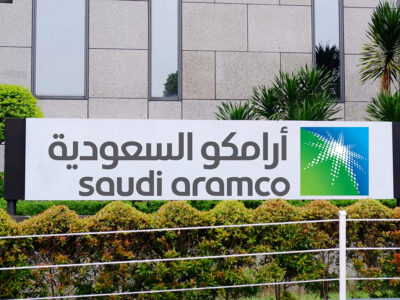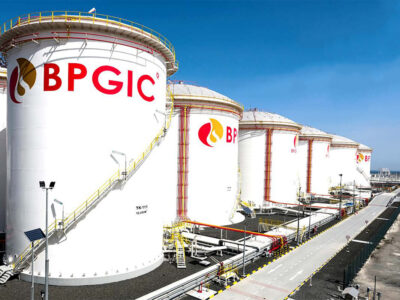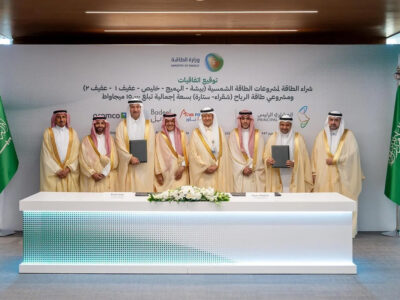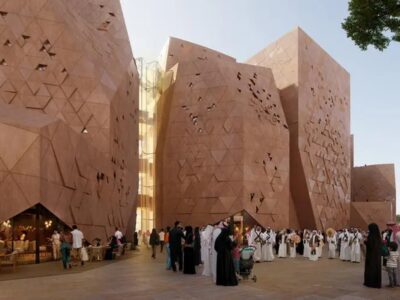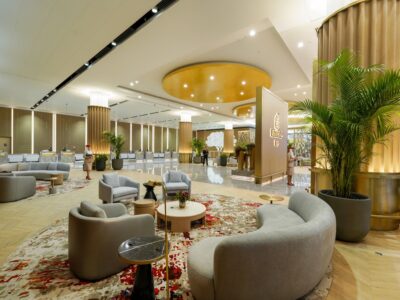Stronger investments in oil and gas is needed to protect the global economy from the consequences of energy disruption, namely a “systemic supply crunch,” UAE government ministers agreed.
Recent events have underscored how vulnerable energy markets are to geopolitical shocks, said Sultan bin Ahmed Al Jaber, Minister of Industry and Advanced Technology, UAE’s Special Envoy for Climate Change and managing director and Group CEO of ADNOC, speaking at the opening of the Global Energy Forum on Tuesday as part of the World Government Summit (WGS2022) at Expo 2020 Dubai.
“We are all witnessing first-hand how sensitive energy markets are to geopolitical shocks. Yet, the current volatility in oil prices is the result of a deeper underlying structural issue. Long-term under-investment in oil and gas has left markets more exposed to risks of any kind and wherever they take place,” said Al Jaber.
“According to the IEA (International Energy Agency), annual investment in oil and gas is $200 billion below where it needs to be, and that is just to keep up with demand through 2030. Near-term, we are also seeing markets tighten, with demand up almost 3 million barrels over the last year and is expected to reach pre-pandemic levels by fourth quarter of this year,” he continued.
“In short, the push to divest from hydrocarbons has met a stark reality,” he added.
As such, the UAE has called for a positive, pragmatic approach to the energy transition and practical climate action to ensure energy security and economic progress.
“While we fully embrace the energy transition, we need to recognise that policies should be tailored to real-world scenarios. And they should follow the basic rule of progress that if we fail to plan, our plan will fail,” said Al Jaber.
“An unrealistic approach that ignores basic economics will only lead to tighter markets that are more exposed to geopolitical shocks. Divesting from the energy sources that drive the global economy will lead to a systemic supply crunch that erodes economic growth. Put simply, we cannot and we must not unplug the current energy system, before we have built the new one,” he continued.
Al Jaber pointed out that policymakers around the world, “including many in Europe,” are now starting to come to terms with these realities.
“They are acknowledging that the transition will take time. They are pivoting their policies to ensure that near-term energy security is not undermined by long-term goals. And they have now come to the same conclusion that we came to a while ago, that we need to hold back emissions, not progress,” he added.
The UAE is adopting a balanced, proactive and positive approach to the energy transition that is “pro-growth, pro-sustainability, pro-prosperity and pro-climate,” according to Dr. Al Jaber.

“As such, we are increasing investments in low-carbon and no-carbon energy sources. We are expanding production capacity of the world’s least carbon intensive oil to more than 5 million barrels per day, while also growing our renewable portfolio five-fold. We are growing our natural gas capacity by 30 percent, enhancing our ability to supply more LNG (liquefied natural gas),” he said.
“We are doing all this, with a strategy that is based on a sound business case and a belief that a realistic, well-planned energy transition provides a resilient pathway for new industries, new jobs, and long-term sustainable economic growth,” Al Jaber continued.
The Global Energy Forum was organised by the Atlantic Council in collaboration with WGS2022, and moderated by Frederick Kempe, president and CEO, Atlantic Council.
“We are currently promoting renewable energy in 70 countries, and are proud of the work that Masdar is doing in many parts of the world in this regard. Meanwhile, hydrogen has great potential, and we are one of the few countries with a clear roadmap for its utilisation. We are starting with blue hydrogen, as it is both available and affordable, but we are also collaborating in investing in the technology required to commercialise green hydrogen, which is the future,” said Suhail bin Mohammed Al Mazrouei, Minister of Energy and Infrastructure.
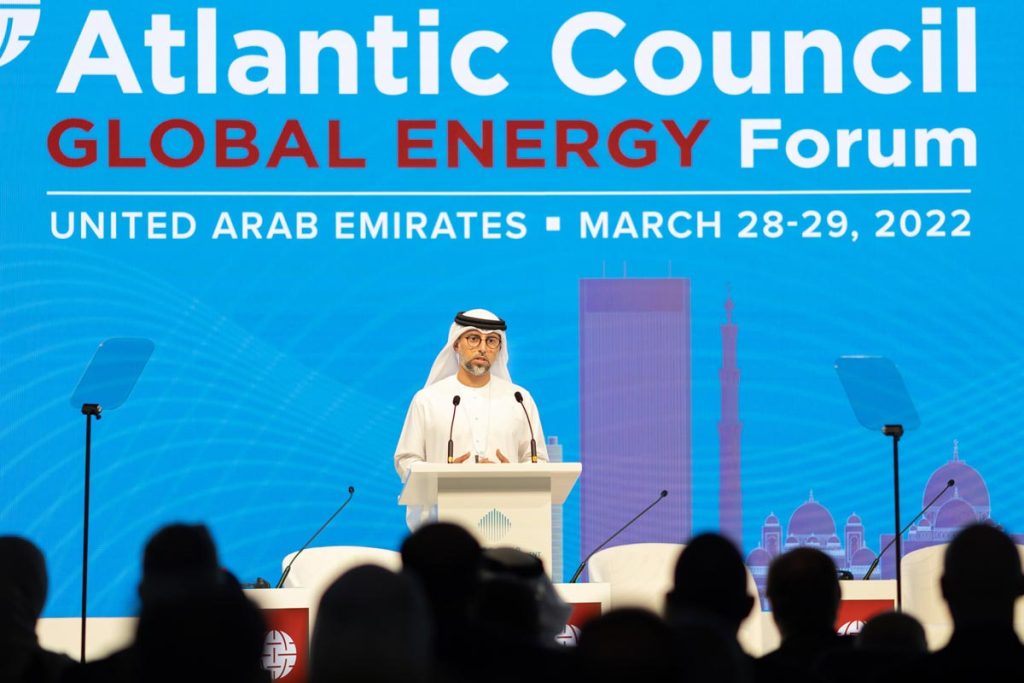
“In the UAE, we are also committed to sustainable mobility options and creating choice for people in the future, be that hydrogen, electric power, or traditional combustion energy sources that are cost-effective and affordable,” he continued.
“When the UAE began its investments in renewable energy over 15 years ago, the economic case was difficult to make. But our leadership’s vision has been verified by hard facts and, today, the UAE is home to the three largest and lowest cost solar plants in the world,” added Al Mazrouei.
This comes in as experts have said that the UAE is leading the region in zero-carbon electricity production as it seeks to reach its goal of net-zero carbon emissions by 2050.
“The commercial operation of Barakah Nuclear Energy Plant’s Unit 2 is an exciting achievement for the United Arab Emirates and global efforts to address a changing climate,” said Maria G. Korsnick, president and CEO of the Nuclear Energy Institute.
“The nuclear industry is excited to see countries like the UAE recognise the importance of nuclear carbon-free energy as an essential tool to meeting climate goals,” she added.
